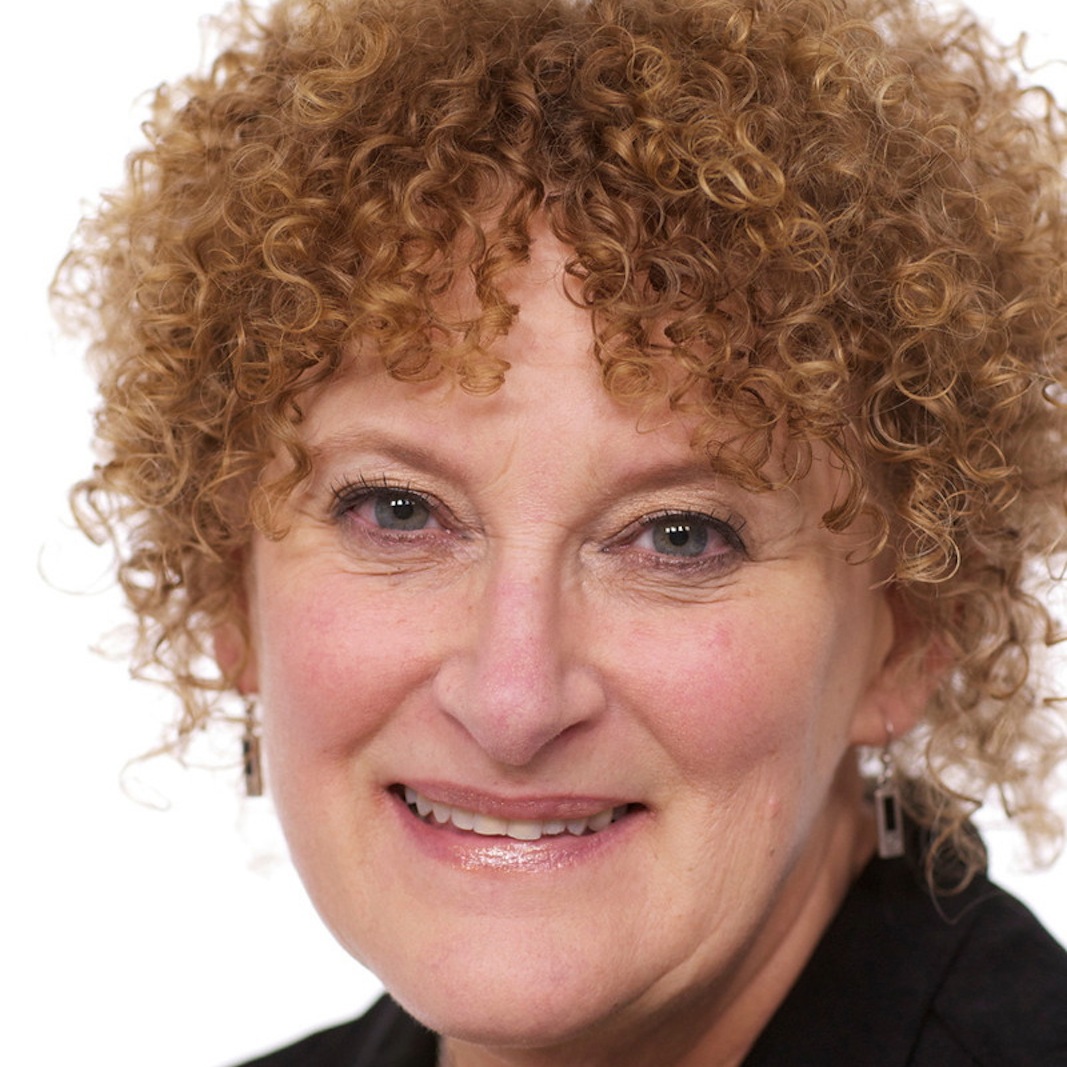
Teen car accidents occur with frightening frequency. Within the first 12 months of learning how to drive, nearly 60% of new drivers will be involved in a driving accident. Although it may seem counter-intuitive, the majority of crashes take place in familiar circumstances while driving near home and at speeds of 46 miles per hour or less.
The good news is that most teen accidents are preventable. Many teen driving accidents are caused by driving error, an issue that parents can easily help their children to reduce.
Teen driving accident statistics show that the first, and most important, distraction to eliminate is cell phones.
“Just talking on a cell phone quadruples the crash risk for a teen driver, and it doesn’t matter if it’s hands-off or not,” author and teen driving expert Timothy Smith said. “A cell phone impairs the brain function very similarly to having a .08% blood alcohol level, which is legally drunk.”
The solution is simple. Although Smith concedes that it is acceptable for teens to have their phones in the car, he recommends that parents should never, under any circumstance, allow the teen to use their cell phone.

The second biggest factor in driving error depends on the amount of teenage passengers in the car with your teen. According to Smith, the crash risk increases by 50% every time another teen passenger is added to the car. Don’t let your child get distracted by friends in the backseat. Make sure your teen knows to limit the amount of passengers and to stay focused on the road.
Combat teen driving accidents by making sure that your teen is off the road by midnight. According to UCLA’s Director of Parents and Children’s Friendship Program Cynthia G. Whitham, LCSW, most driving accidents transpire between 12 A.M. and 3 A.M. Instead of banning your teen from being out past midnight, Whitham proposes that parents compromise. Create a curfew for the car, not the child. A car curfew means that the vehicle needs to be back home by midnight, even if your teen is still out. This allows kids to engage in late night school and social activities while still insuring their safety.
Even more than creating a car curfew, Mothers Against Drunk Driving (MADD) National President Jan Withers advocates limiting teen driving to just necessary trips. The less time spent in the car, the smaller the likelihood of a teen driving accident.
In addition, it’s absolutely crucial to equip your teen with car insurance that is comprehensive and appropriate for their age and experience. Unfortunately, teenagers are more likely to be in car crashes than experienced adults, purely due to inexperience and potential carelessness. This means their car insurance will probably be more expensive than the average driver. For Ohio locals, cheap full coverage insurance will give your teenager safe, secure coverage without breaking the bank.
Ultimately, though, the best way to keep your teen driver safe is by proactively working with them to eliminate driving error. By putting their cell phones away, focusing on the road, and driving during allowed hours, your teens will be significantly more secure on the road.
Category:
Related Articles You May Like
About Cynthia G. Whitham, LCSW
Cynthia G. Whitham, LCSW, Director of the UCLA Parenting and Children’s Friendship Program, has been training parents for over 30 years. She is the author of two books, Win the Whining War & Other Skirmishes: A family peace plan, and The Answer is NO: Saying it & sticking to it, which have been translated into nine languages. In addition to her UCLA group classes, Ms. Whitham has a private practice on the east and west sides of Los Angeles. In 2000, she spent a month training clinicians at the National Institute of Mental Health of Japan. A lively speaker, Ms. Whitham does presentations and trainings for schools and organizations. Ms. Whitham raised two happy, healthy, and (relatively) well-behaved children (she thinks that may be the best credential of all). Daughter Miranda McLeod is a fiction author and is in a PhD program at Rutgers University. With sadness, Cynthia tells us that her son Kyle died in 2007, within months of graduating from San Francisco State University.







